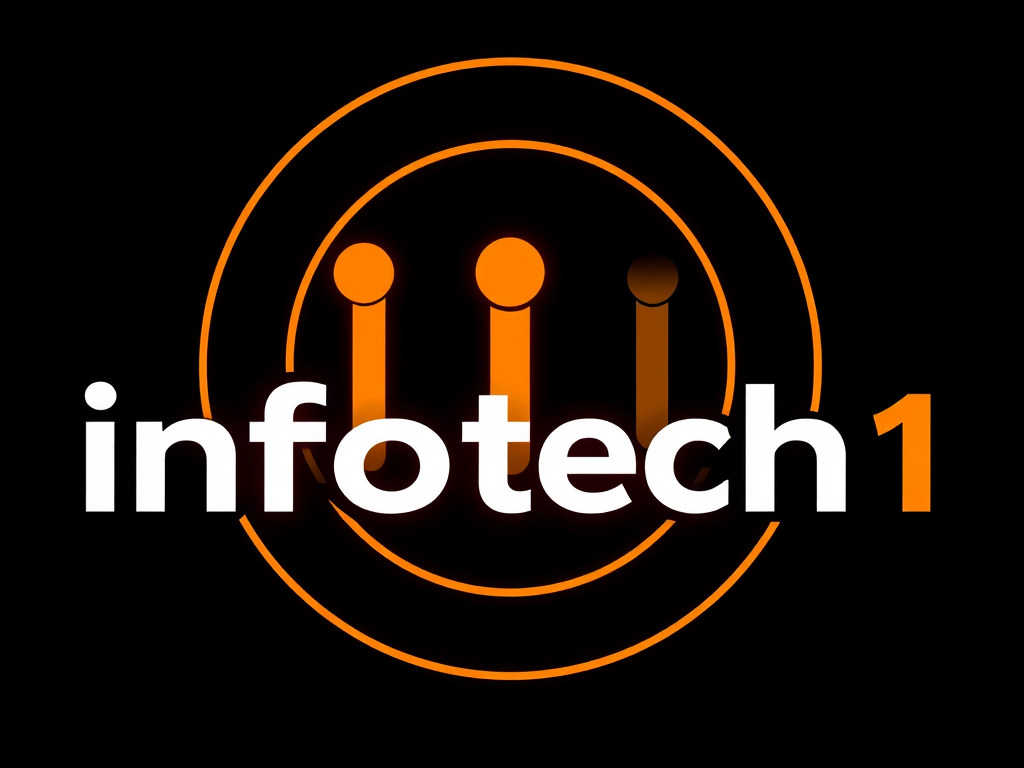Overview of New UK Regulations Affecting Computing Innovation
Recent UK tech regulations have introduced significant shifts in the computing sector laws, with particular emphasis on AI regulation UK, data protection legislation, and cybersecurity policy UK. These new rules aim to address both the rapid advancement of technologies and the associated risks, redefining how innovation aligns with public safety and ethical considerations.
The government’s focus on AI regulation UK ensures that artificial intelligence developments maintain transparency and accountability, which is crucial for fostering public trust. Data protection legislation updates consolidate measures to safeguard personal information amid widespread digital transformation. Meanwhile, cybersecurity policy UK mandates enhanced defense protocols to combat growing cyber threats targeting critical infrastructure and consumer data.
Topic to read : Exploring the impact of technological progress on uk society: what the future holds
Stakeholders shaping these new regulations include technology companies, regulatory bodies, and civil society groups. Their interests balance innovation incentives with ethical responsibility, encouraging a safer and more reliable technology environment. This multifaceted approach is designed to propel computing innovation while simultaneously addressing concerns around privacy breaches and cybersecurity weaknesses, positioning the UK as a leader in responsible tech evolution.
Potential Positive Effects on Computing Innovations
New UK tech regulations can drive innovation incentives by fostering an environment where trust in technology flourishes. Strengthened AI regulation UK and data protection legislation ensure ethical development and secure handling of data, building public confidence in AI systems. This confidence encourages broader acceptance and practical adoption of advanced computing solutions.
In parallel : How emerging technologies are shaping the future of computing in the uk
The regulatory benefits extend beyond trust. Clear and transparent compliance standards can motivate businesses to innovate responsibly, reducing risks of litigation or data breaches. For the tech industry growth UK, this means not only safeguarding users but also creating market advantages. Companies that proactively comply with AI regulation UK and cybersecurity policy UK stand out as reliable partners, attracting customers and investors.
Start-ups benefit as well. Although compliance may initially seem daunting, these regulations create a level playing field. This encourages fair competition and pushes new entrants to develop secure, trustworthy technologies from the outset. Ultimately, the regulations help establish a sustainable innovation ecosystem where ethical AI and robust cybersecurity form the backbone of long-term growth in the UK computing sector.
Challenges and Negative Impacts of New Regulations
The introduction of new UK tech regulations brings notable challenges, particularly in compliance costs and operational burdens. Businesses face increased expenses to align with AI regulation UK, data protection legislation, and cybersecurity policy UK requirements. These regulatory barriers can disproportionately impact smaller companies, especially start-ups UK that often operate with limited resources.
Slowed innovation is another consequence. Researchers and developers may find that navigating complex computing sector laws delays product development cycles. For academic institutions, stricter rules complicate experimental work, possibly hindering vital long-term research. This constraint could reduce the UK’s competitiveness in global computing innovation.
Moreover, these constraints can deter tech entrepreneurship. High compliance costs and regulatory uncertainties may discourage new entrants. The cumulative effect could be a less dynamic technology ecosystem, where innovation incentives are undermined by the weight of legal compliance.
Addressing these challenges requires a balance. While protecting user trust and security is essential, regulators and industry players should strive to minimize excessive burdens that could stifle creative progress in the UK’s computing sector.
Expert and Industry Perspectives on Regulatory Changes
Insights from the government emphasize fostering innovation alongside ensuring safety and accountability in the computing sector. Officials highlight that new UK tech regulations aim to create a trustworthy environment for AI deployment and data management, recognizing the significance of AI regulation UK and data protection legislation in building ethical standards.
Industry experts often stress the delicate balance between promoting cutting-edge technologies and managing associated risks. Many acknowledge that while cybersecurity policy UK introduces necessary protections, it also requires adaptable frameworks to avoid stifling innovation. Businesses advocate for clearer guidelines to reduce uncertainty and compliance challenges that slow development.
Academic voices contribute a longer-term viewpoint, analyzing how computing sector laws might influence foundational research. Scholars warn that stringent regulations could impede exploratory projects vital for breakthroughs but also see potential for responsible regulation to guide innovation in promising directions.
By combining government, industry, and academic insights, the ongoing UK tech policy debate seeks a nuanced approach—one that supports sustainable growth in computing innovation while maintaining robust protection measures in line with contemporary technological advancements.
Case Studies: Technologies and Sectors Most Affected
Examining AI case studies UK reveals how new UK tech regulations reshape development. For example, AI-driven healthcare tools must navigate enhanced data protection legislation, ensuring patient privacy while maintaining analytical accuracy. This requires integrating compliance early in the design phase, balancing innovation with legal mandates. Similarly, autonomous vehicles face evolving safety and AI transparency regulations that affect deployment timelines and operational protocols.
Data-driven technologies encounter strict compliance demands under the updated data protection legislation, influencing sectors like finance and marketing. Companies must implement robust data governance frameworks to prevent breaches and ensure lawful data use. These challenges spur investments in secure infrastructures but may slow launching innovative data products.
Cybersecurity firms illustrate the impact of cybersecurity policy UK on the tech sector regulation landscape. As threats grow more complex, firms must meet stricter standards for vulnerability management and incident reporting. This compliance focus fosters improved security offerings but increases operational complexity. Adapting swiftly to these evolving rules is critical for competitive advantage.
Collectively, these case studies highlight how computing sector laws affect innovation pathways, prompting businesses to embed regulatory awareness in technological advancement strategies.
Overview of New UK Regulations Affecting Computing Innovation
New UK tech regulations prioritize strengthening AI regulation UK, updating data protection legislation, and enhancing cybersecurity policy UK to address rapid technological advancements and associated risks. These comprehensive computing sector laws reflect the government’s commitment to creating a secure and ethical innovation environment.
The regulations demand transparency and accountability in AI development, ensuring algorithms are explainable and decisions traceable. This focus protects user rights and prevents misuse of AI systems. Simultaneously, enhanced data protection legislation tightens rules for handling personal information, compelling organizations to implement stricter data governance practices. This reduces the risk of breaches while fostering trust in digital services.
Cybersecurity policy UK introduces more rigorous standards for defending critical infrastructure and enforcing incident reporting. These measures aim to mitigate rising cyber threats that endanger both public and private sectors.
Stakeholders shaping these new rules include government agencies, tech companies, and civil society, each balancing innovation incentives with safety and ethical concerns. Their collaborative input results in computing sector laws designed not just to regulate, but also to stimulate responsible growth and public confidence in the UK’s technological future.




